Germany has an incredibly rich cultural calendar – one of the many factors that routinely make it one of the most visited countries in the world.
Here’s an overview of some of the top events coming up around the country, so you can start planning your year.
February
- Berlinale (February 10th – 20th)

The first major cultural event of the German calendar starts on February 10th, when one of the most prestigious film festivals in Europe gets under way in Berlin.
The Berlinale will be held over ten days and famed Hollywood director M. Night Shyamalan will head the jury for the main Golden Bear award.
The festival organizers plan on offering a full programme just like in the days before the pandemic and also say that the festival, famed for the access it gives to the general public, will once again be an in-person event.
READ ALSO: 7 ground-breaking German movies made by female filmmakers
- Karneval in Cologne (February 28th)
The other major festival taking place in February is Karneval, which is celebrated across the Catholic regions of southern and western Germany, but is most famously done by the city of Cologne.
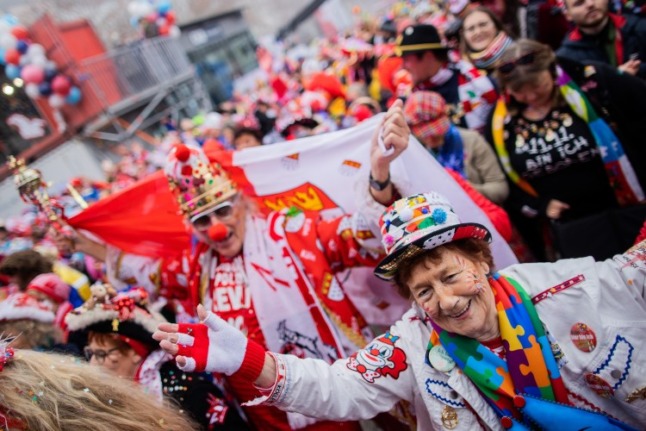
Unfortunately, due to the ongoing pandemic, it is very unlikely that main event, the Rosenmontag parade, will take place as normal in the centre of Germany’s fourth largest city.
Dating back to the Middle Ages, carnival clubs build floats that they parade through the city centre and which often poke fun at major political figures of the day.
Last year the parade was only done in miniature form and was broadcast on local television. The organizers have promised that it will take place in some form although the format is yet to be decided upon.
One possibility is that stands will be set up along a shortened route and spectators will have to stick to designated seats.
READ ALSO: ‘Can’t wait any longer’: Revellers celebrate at German carnival
March
- Leipzig Book Fair (March 17th – 20th)
Book worms won’t want to miss one of the oldest book fares in the world, which attracted publishers from dozens of countries before the pandemic.
The fare is going ahead again this year although the international schedule is likely to be more limited than usual. You can find tickets HERE.
- Berlin Fashion Week
Known for promoting young designers, the Berlin fashion week’s reputation has grown to such an extent in recent years that it is know mentioned in the same breath as the Paris and London equivalents. If you fancy yourself a fashionista, you can find a full schedule HERE.
May
- Hamburg Hafenfest (May 6th – 8th)
The ‘biggest harbour party in the world’ takes place in Hamburg between May 6th and May 8th, when the port city celebrates its birthday.
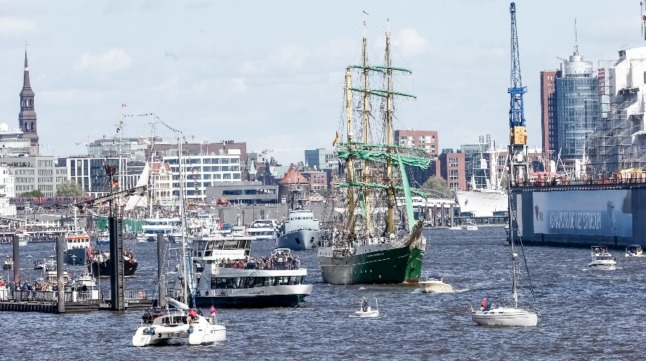
Some 300 ships of all ages, shapes and sizes will take place in a ‘sail past’ at the opening of the event, while dozens of stages will be set up around the city harbour offering music and entertainment to visitors.
The festival marks the day 832 years ago when Hamburg was given the status of a free port with the right to trade with much of northern Europe.
- German Cup Final (May 21st)
Sport fans will want to mark this date in their calendars. The final of the DFB Pokal will be played at the Olympic Stadium in Berlin, where two teams will battle it out for the second most prestigious prize in German football.
Tickets will go on sale in March, when fans can apply for a maximum for four seats. More information can be found HERE.
June
- Fête de la Musique (June 21st)
This French tradition has been embraced wholeheartedly by the people of Berlin, where stages and music pop up all over the city for one night of singing and dancing. Hamburg also has a smaller event.
- Carnival of Culture
Also in Berlin, this carnival parade along the streets of the multicultural Kreuzberg district presents music and costumes from across the world, showing off the diversity of the German capital.
July
- Fusion festival (June 29th – July 3rd)
This cult festival beloved of fans of electronic music takes place at the beginning of July in an old communist airbase in the eastern state of Mecklenburg-Western Pomerania.
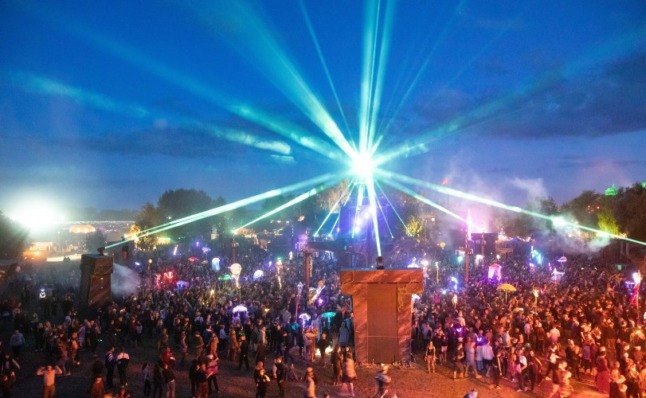
The Fusion Festival takes place over five days and is celebrated for the originality of the stage designs and its non-stop offering of techno music, as well as everything from burlesque to punk on smaller stages.
Tickets are notoriously hard to come by (and not cheap). You can apply during the first two weeks of February HERE. The tickets will then be allocated randomly to applicants.
August
- Potsdam Palace Night (August 19th – 20th)
Ever thought you were born in the wrong century? Then a night in the life of a baroque monarchy might be for you. For two days the grand palaces of the Prussian court in Potsdam will open their doors to the public, with entertainment including classical music from the period and a firework display.
September
- Wurstmarkt, Bad Dürkheim (September 9th – 19th)
Despite the name suggesting that this festival is all about Germany’s renowned sausages, the Wurstmarkt in the small town of Bad Dürkheim near the French border is actually the world’s biggest wine festival.
Scheduled to take place this year between September 9th-19th, the festival will provide a platform to 54 winemakers to show off their wares.
- Oktoberfest (September 17th – October 3rd)
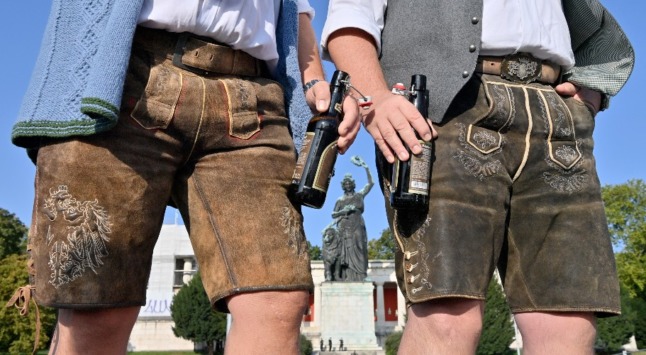
After the world famous booze fest has been cancelled for the past two years, the city of Munich has promised that it will go ahead again this year.
The breweries of the Bavarian capital brew special, extra-strong beers for the festival, that usually attracts millions of people from across the globe.
But the event next year is likely to be smaller than in the past, with mayor Dieter Reiter saying “there won’t be Oktoberfest for everyone in 2022.”
October
- Bremer Freimarkt (October 14th – October 30th)
If you enjoy the tradition of a good Volksfest, this event in Bremen shouldn’t be missed. It has been held for almost a thousand years, with the first Freimarkt taking place back in 1035.
For centuries it was a place for craftsmen from outside Bremen to come and sell their wares. But even in the 15th century, locals would come to watch jugglers or see exotic animals.
These days the Volksfest prides itself on having the largest funfair in northern Germany.
- Berlin festival of lights (October 7th – 16th)
Each year the German capital gives artists the chance to illuminate some of its most iconic landmarks with light shows.
For visitors to Berlin, this festival offers the opportunity to see instantly recognizable buildings such as the Fernsehturm or the Brandenburg Gate in a rather different light to normal.
December
- Nuremberg Weihnachtsmarkt (November 25th – December 24th)
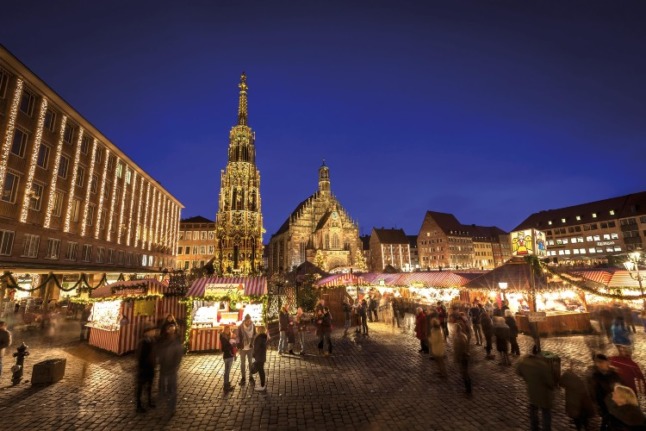
There is perhaps no Christmas market in Germany that is as rich in tradition and famed for the craftwork on sale as the market held in the city centre of Nuremberg.
The event should go ahead as scheduled again in 2022 after two years of cancellation during the pandemic. A particular highlight is always the Bavarian city’s prized Lebkuchen.
READ ALSO: How do Germans celebrate Christmas?

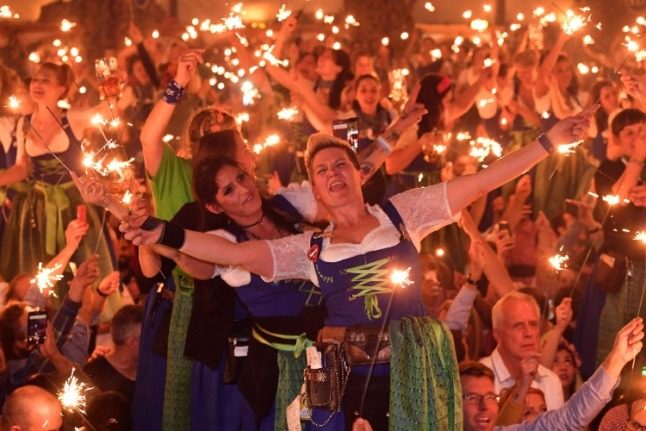
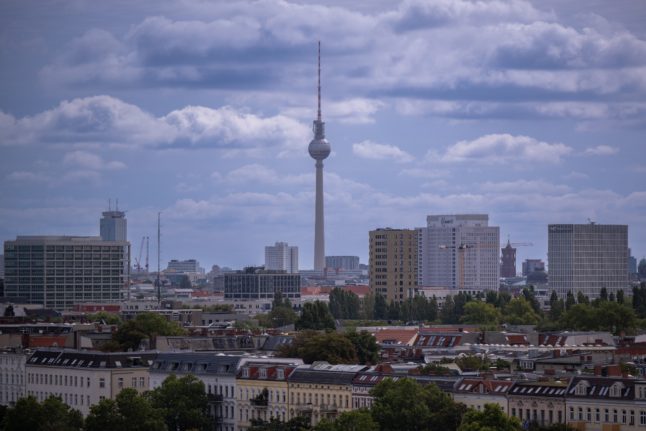
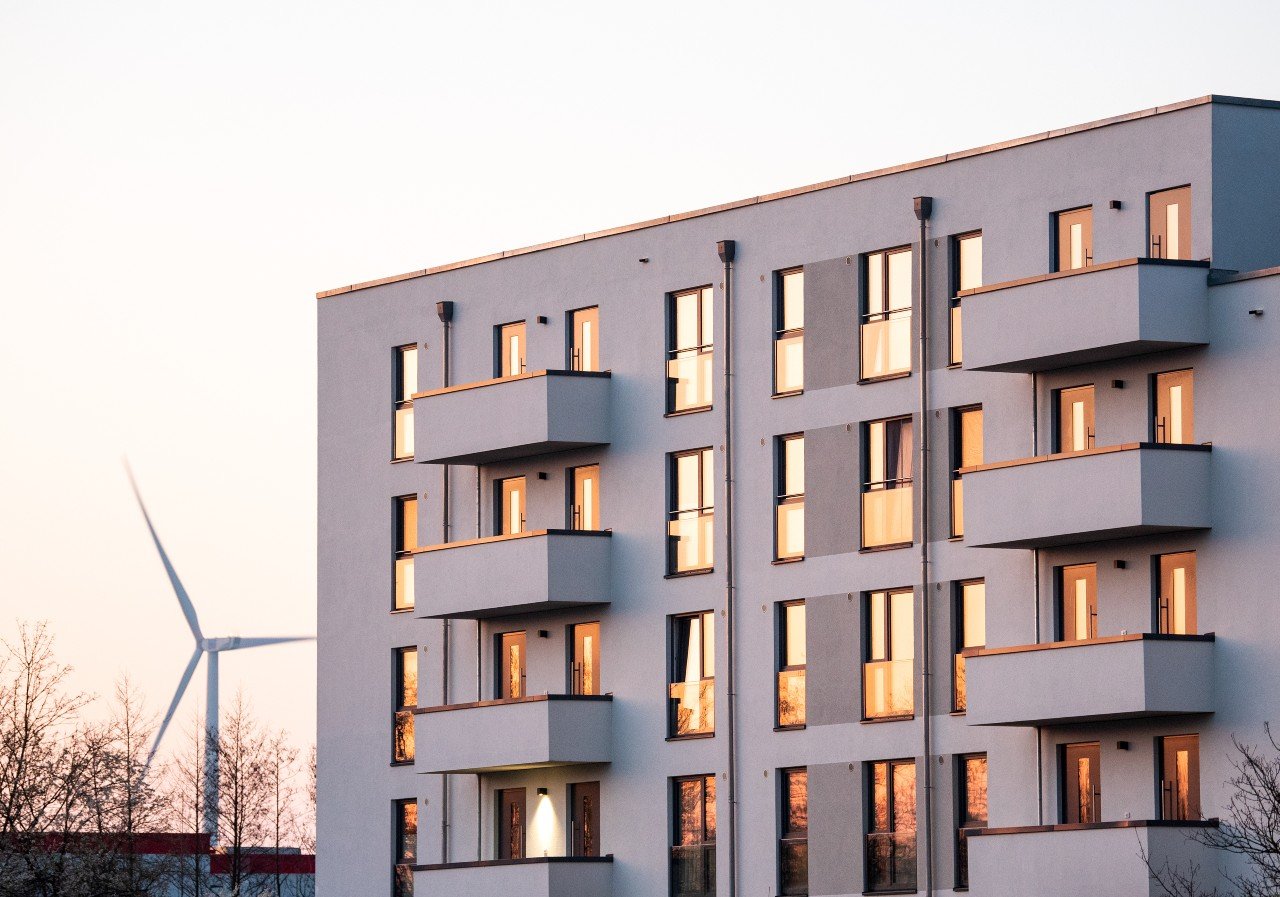

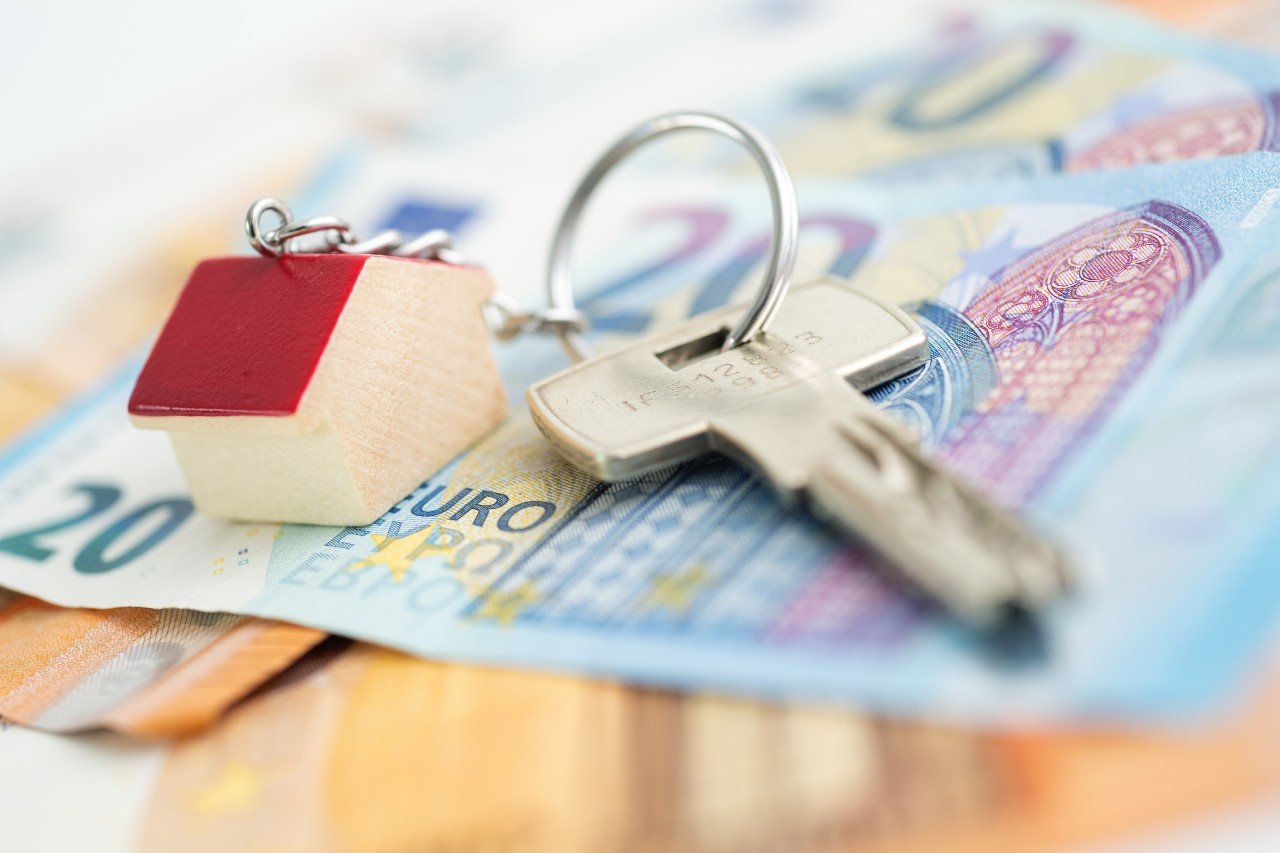
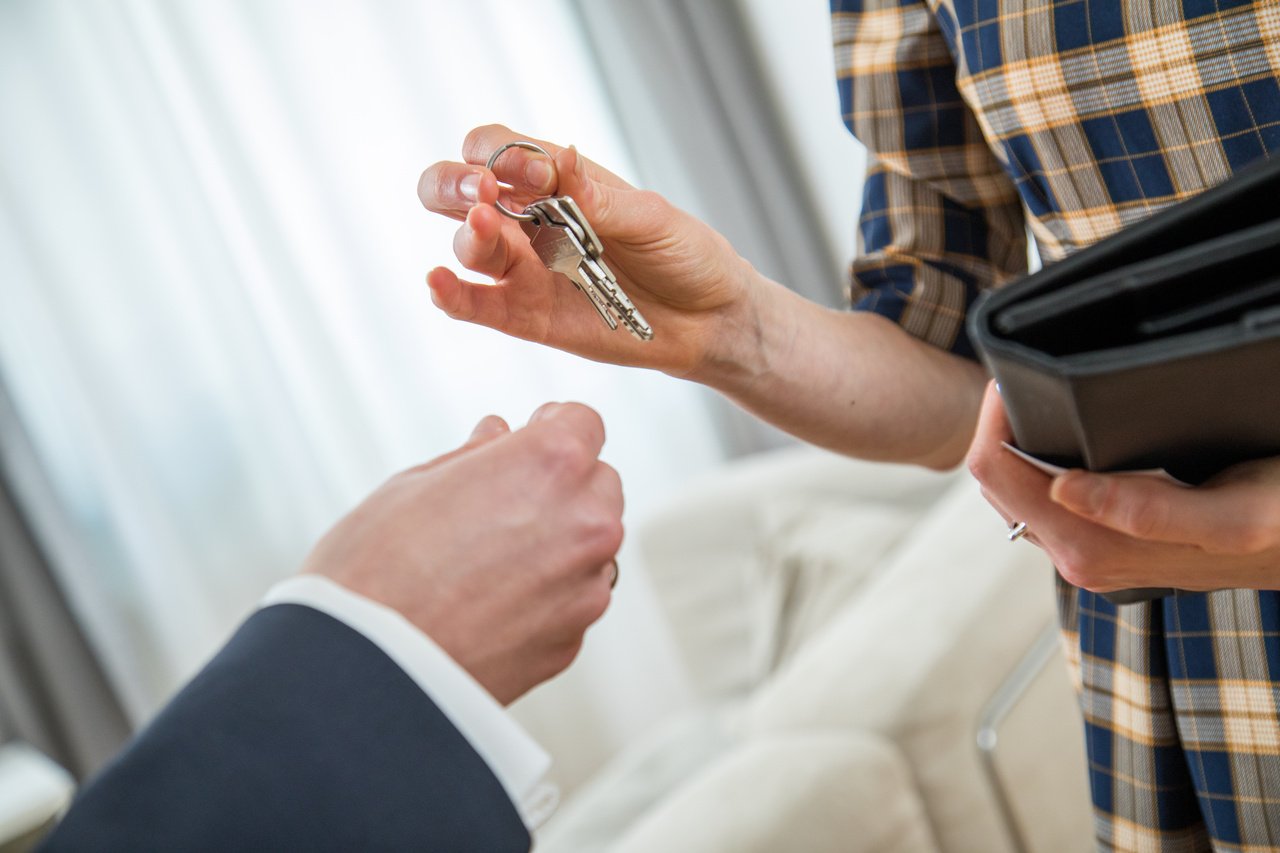
 Please whitelist us to continue reading.
Please whitelist us to continue reading.
Member comments